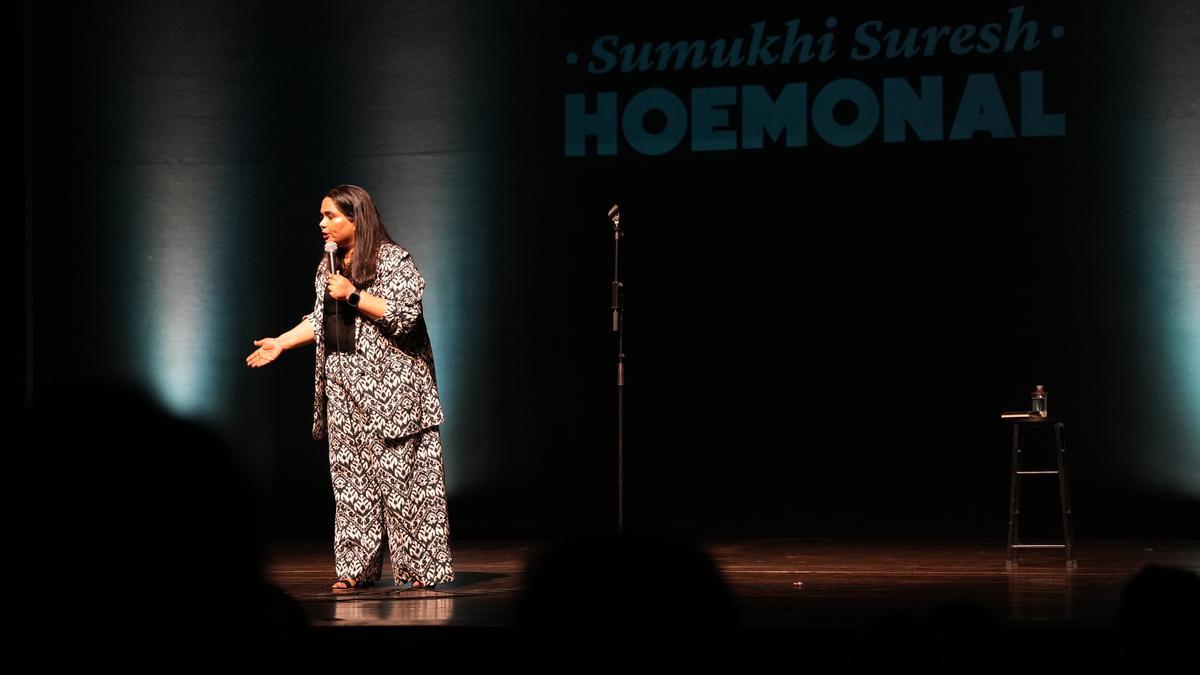
Actor Jonathan Majors has faced consequential but non-incarcerating sentencing, mandated to engage in an extensive counselling program following his assault conviction, markedly altering the path of his rapidly ascending acting career. The 34-year-old, known for his roles in films including “Creed III,” confronted the possibility of imprisonment when a Manhattan jury rendered a guilty verdict on misdemeanor assault charges last December.
Judge Michael Gaffey, presiding over the sentencing on Monday, opted for a conditional discharge, noting an alignment between the prosecution and defense regarding the inappropriateness of jail time for Majors, as he stands as a first-time offender devoid of prior criminal transgressions. Gaffey directed Majors to undertake a yearlong, in-person batterer’s intervention course based in Los Angeles, the city in which Majors resides. Additionally, Majors is obligatorily continuing mental health therapy, an initiative his legal representation states he is already pursuing.
Majors’ adherence to the stipulated terms is imperative, as any breach, including contact with his former partner Grace Jabbari, whom the no-contact order specifically protects, could result in a year’s incarceration.
At the court proceedings, Majors remained quiet, opting not to engage with the judicial discourse, shortly afterward departing from the site of the courthouse, avoiding exchanges with the press. Stood by his girlfriend, fellow actor Meagan Good, and touting an all-black ensemble, he left his lawyer, Priya Chaudhry, to voice his intent to progress personally, agreeing to fulfill court mandates whilst maintaining his innocence and eyeing an appeal.
Chaudhry emphasized the gravity of the situation on her client’s career, stating, “He’s lost his whole career. This has been the most challenging year of his life.”
On the contrary, Grace Jabbari provided a raw, emotional testimony, insisting on Majors’ dangerous potential unstemmed by remorse or acceptance of responsibility, and painting a portentous picture of future harm he may cause. Jabbari portrayed a manipulative bond, wherein Majors isolated her from her support system and morphed her into a state of fear and vulnerability.
Assistant District Attorney Kelli Galloway signaled Majors’ lack of accountability and the necessity for violence counseling, additionally pointing to his post-verdict actions, including a national television interview as part of a “high-powered PR campaign.”
The case’s repercussions have reached beyond personal and judicial realms and into the sphere of entertainment, with Marvel Studios swiftly truncating ties with Majors following the guilty ruling. The actor had been poised to portray Kang the Conqueror, a central antagonist across Marvel’s ubiquitous cinema and television storylines.
The incident sparking the legal battles involved allegations from Jabbari accusing Majors of physically assaulting her during a chauffeured car ride, with claims of him hitting, twisting her arm, and fracturing her finger. Meanwhile, Majors’ defense portrays an altercation fueled by Jabbari’s rage and insists on his defensive actions in response to her aggression.
The civil suit looming over Majors features charges of assault, battery, emotional distress, and defamation as framed by Jabbari, alleging a consistent pattern of abusive behavior throughout their relationship, which began on the set of “Ant-Man and the Wasp: Quantumania.”
As the legal dealings continue, questions around the recasting of Majors’ pivotal role within the Marvel Cinematic Universe, and the studio’s forthcoming strategy, hang in the balance. This strife is one of several to beset Marvel, a franchise which has garnered significant acclaim and profit across its expansive cinematic portfolio.
Majors’ acting repertoire boasts notable works, such as his Emmy-nominated performance in “Lovecraft Country” as well as his commanding presence in “The Last Black Man in San Francisco” and “Creed III,” leaving observers and fans to consider the lasting impact of his current predicament on his professional future and the broader world of cinema.










